T4K3.news
Rabies risk in Grand Teton cabins
Health officials warn guests who stayed in eight cabins at Jackson Lake Lodge about possible rabies exposure after bats were found in attic spaces.

Health officials alert hundreds of guests who may have been exposed to rabies after bats were found in attic spaces above eight cabins at Grand Teton National Park.
Health officials warn of rabies threat from bat-infested cabins in Wyoming
Bats were found in the attic above eight linked cabins at Jackson Lake Lodge in Grand Teton National Park. As of Friday, none of the bats tested positive for rabies; however, officials say the bats likely represented only a fraction of the colony that inhabited the attic. About 250 reservations were made through late July, with up to 500 people potentially staying in the affected cabins this season. Health agencies are coordinating outreach to guests across 38 states and seven countries.
Public health guidance includes consideration of post-exposure prophylaxis for people who slept in rooms with bats or who had direct contact with a bat. The cabins have been unoccupied since July 27, and there are no immediate plans to reopen them. Park and concession staff have installed measures to prevent bats from re-entering after they fly out to feed, and officials say there is no plan to exterminate the bats. Some dead bats tested negative, while one had insufficient brain tissue to test. Rabies is a serious concern because it can be fatal if symptoms develop, but the five-shot vaccine regimen is highly effective if given after exposure.
Key Takeaways
"What we’re really concerned about is people who saw bats in their rooms"
Dr. Alexia Harrist, Wyoming State Health Officer
"Rabies is almost always fatal in humans"
Dr. Harrist
"The lodge company has done a fantastic job of doing their due diligence"
Emily Curren, Wyoming public health veterinarian
"There’s no way for us to know for certain about every single bat that got into these rooms"
Emily Curren
This incident highlights how wildlife risks intersect with tourism in a popular park setting. It shows the scale of outreach needed when exposure potential spans dozens of states and several countries, underscoring the importance of rapid, clear public health messaging without sensationalism. The situation also tests the balance between wildlife protection and guest safety, as officials refuse to exterminate bats while pursuing safeguards for guests and ongoing monitoring.
Beyond the immediate case, the event raises questions about long-term preventive measures in park lodges and similar facilities. It points to the need for robust attic protections, routine wildlife assessments, and transparent guidance for visitors. The episode could influence how parks manage bat habitats near lodging and how quickly they deploy prophylaxis protocols when risk emerges.
Highlights
- What we’re really concerned about is people who saw bats in their rooms
- Rabies is almost always fatal in humans
- The lodge company has done a fantastic job of doing their due diligence
- There’s no way for us to know for certain about every single bat that got into these rooms
Officials will continue monitoring and share updates as new test results come in.
Enjoyed this? Let your friends know!
Related News

Rabies risk at Grand Teton cabins
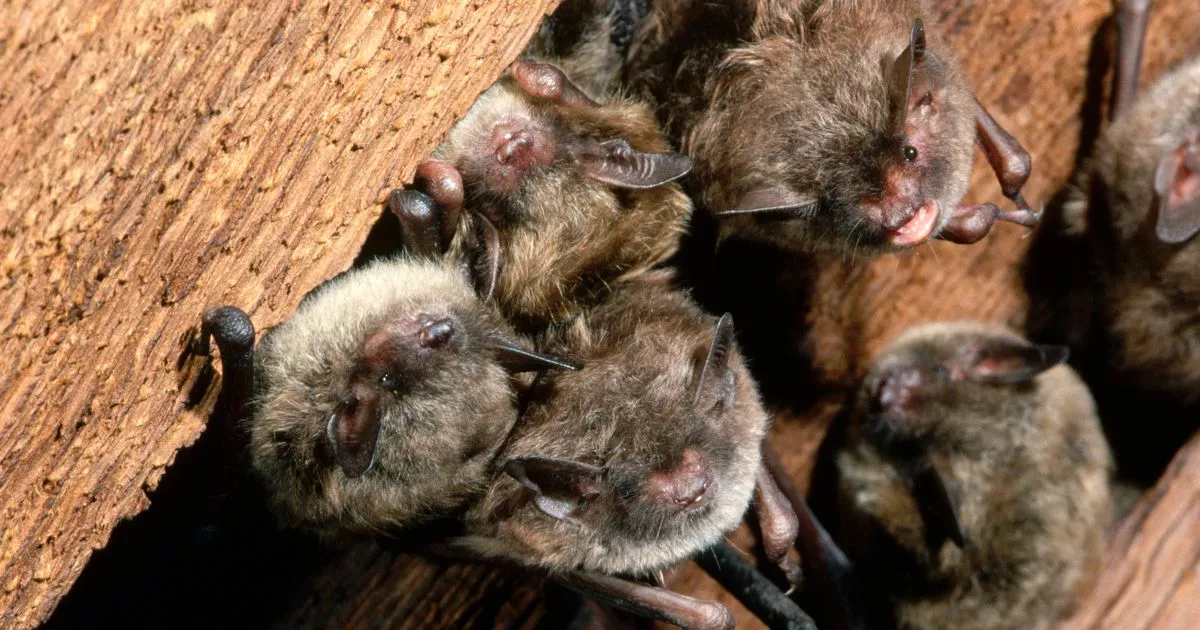
Rabies risk at Grand Teton cabins after bat infestation
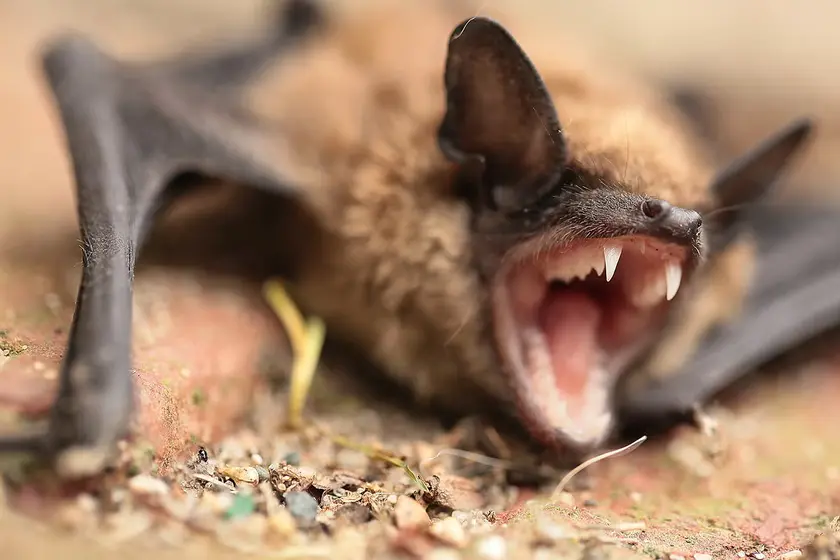
Rabies exposure risk prompts health alert

Rabies exposure alert issued

Rabies risk at Grand Teton Lodge
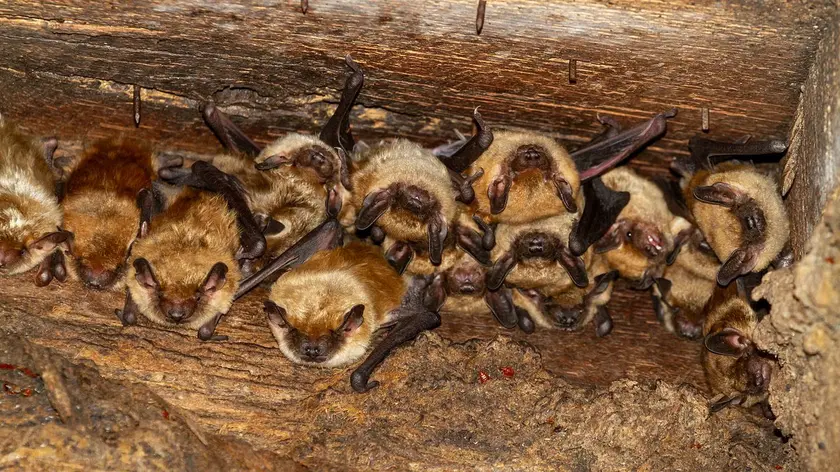
Rabies exposure investigation at Grand Teton lodge
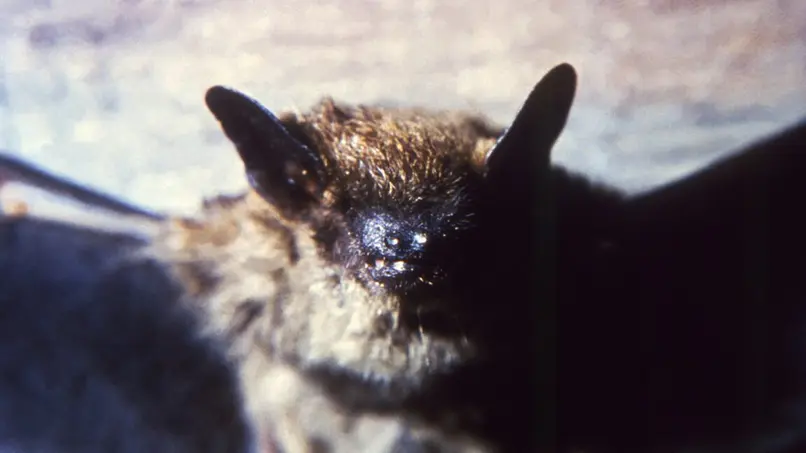
Rabies exposure alert at Grand Teton lodge
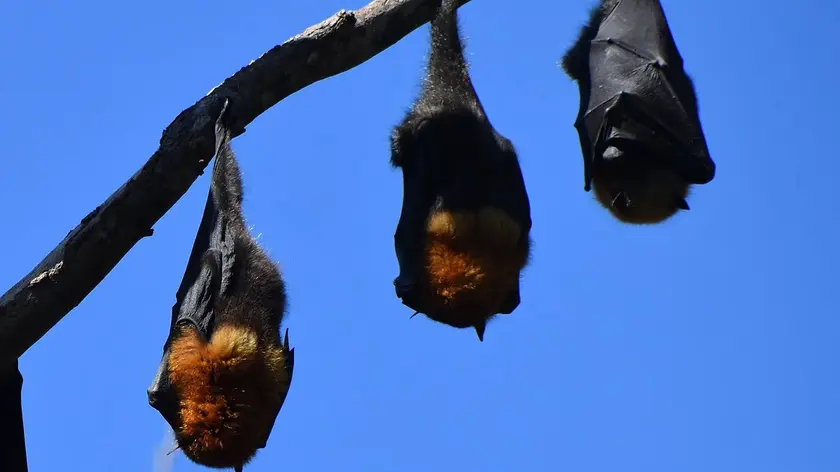
Rabies risk prompts nationwide warnings
